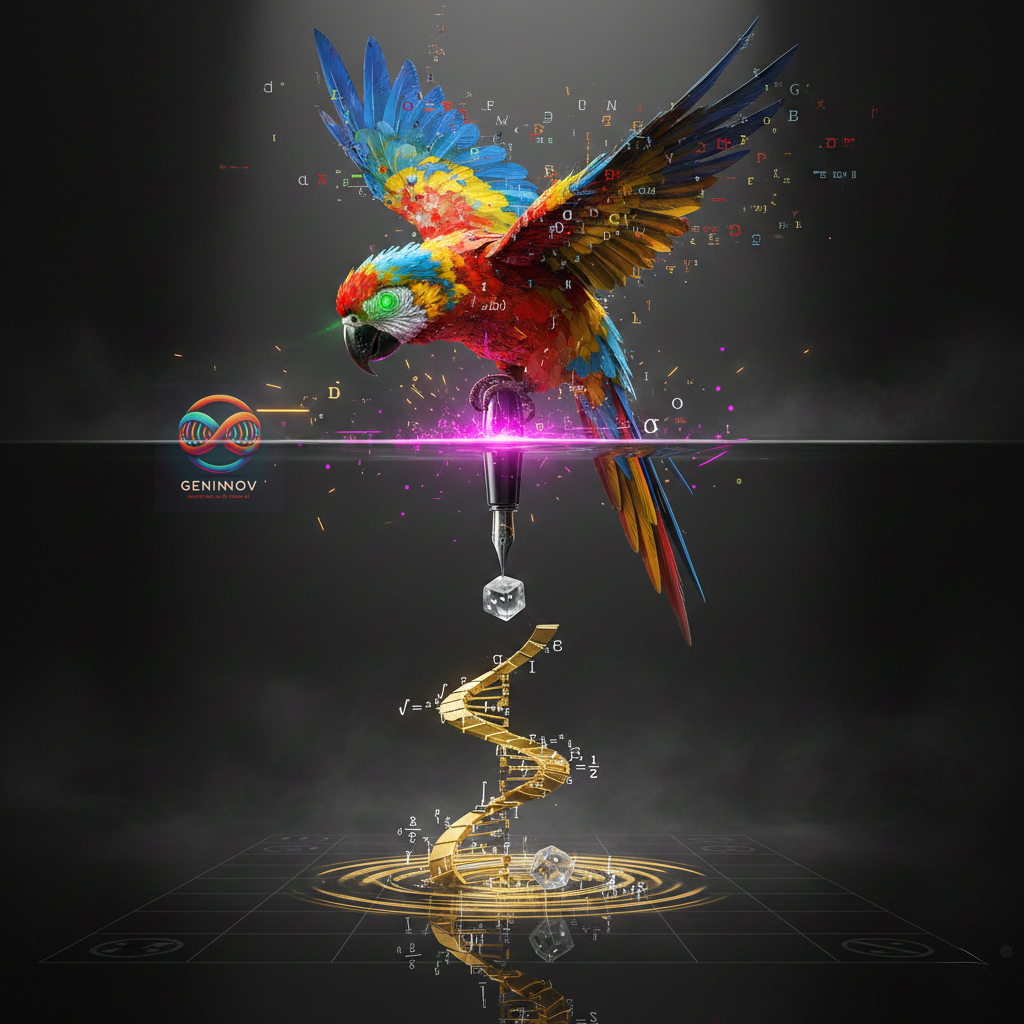As an enthusiastic early adopter, this writer now spends more time interacting with GenAI daily than with any other software at its peak. Not for search. Not for social media. Not for emails, productivity suits, or even games! This shift signifies more than mere novelty; it points to a future that could be the standard for everyone as LLMs rapidly evolve into platforms capable of merging all our fragmented digital activities. It’s not just about convenience—it's about their unparalleled ability to reveal entirely new use cases, especially now that these models can act as powerful extensions of our memory. I am continually discovering new ways that GenAI can reshape my habits, enhance productivity, and fuse functions that once seemed isolated.
By the way, this is my first article written on an LLM canvas and not the standard Word editor. I am guessing it will not be the last.
They Were Supposed to Be App Killers Differently
We have discussed the transformative changes in programming repeatedly. Sites like LlamaCoder claim 200,000 apps have been built from prompts by its users in recent months. Still, there is no dearth of critics in popular media, now including a Nobel Laureate, who worry about LLMs' utilities. LLMs are becoming Killer Apps themselves by turning into App Killers. They have the potential to become the all-in-one platform that was imagined in the earliest days of the Internet, back when platforms like Yahoo tried to be the single destination for browsing, email, and news before the fragmentation era led to specialized apps for each purpose.
ChatGPT has quietly introduced innovative tools and features that deserve mention. This article will focus on its memory and ChatGPT canvas functionalities. Instead of switching between a word processor, a grammar checker, online research tools, and LLM writing aids, users can compose their entire articles directly on the canvas—much like Microsoft Copilot envisioned but has yet to fully realize. In addition to traditional functions, these models can help brainstorm ideas while offering suggestions, research, and arguments.
The Rise of LLMs as Extended Memory
If, while writing this article, I hit upon an idea I want to explore later, today or a few months later, or think of a great phrase not appropriate for this article but something that could be used, I can use the updated memory feature as a convenient store for everything without classifying, tagging, or any other structuring needed in individual apps for effective retrieval.
While ChatGPT's current memory features are rudimentary, they are bound to improve quickly and exponentially, given their potential. Imagine a future where these models evolve into an almost clairvoyant personal assistant, a digital companion that seamlessly integrates with your stream of consciousness and effortlessly recalls every whispered thought, fleeting idea, and insightful note ever jotted down. This isn't just about remembering conversations; it's about capturing the very essence of your mental journey.
LLMs are poised to become an extension of our memory, a cognitive prosthesis that transcends the limitations of our biological brains. They will not liberate us from the tyranny of forgetting (after all, nothing can), but they will lead to improvements unforeseeable today.
Thriving on Imprecision
A key strength of LLMs is their ability to handle vague or imprecise inputs—a capability that distinguishes them from traditional software. While conventional apps often require exact commands or structured data, LLMs can interpret and respond to natural language queries with remarkable flexibility.
This tolerance for imprecision opens up new possibilities for human-computer interaction. Users can now express their needs in casual, conversational language and still receive helpful responses. We are already aware of some of its potential use cases, but with memory extension, we move beyond just creative or analytical aspects.
LLMs can do what Word, Reminders, Grammarly, Evernote, and Google Search do—combined—without the hassle of folders or tags. Finally, we have a solution to fleeting ideas: store them as they occur in your stream of consciousness. All you may have to do to retrieve later is to ask a list of all fleeting thoughts and contexts in which they were added.
This is just the beginning as one can create podcasts, add images, work tables and charts, or even throw in a few line of code while simultaneously doing research and learning.
Conclusion: LLMs as Both Killer Apps and App Killers
LLMs could become the Killer Apps a lot have been waiting for, but by also turning into App Killers as well. They are blurring the lines between applications, merging functions that once required an entire digital ecosystem of isolated tools. By thriving on imprecision, extending our memory, and seamlessly navigating cross-domain boundaries, LLMs are reshaping our digital habits.
In the coming periods, we are likely to see rapid developments in using one's private data seemlessly as being explored by NotebookLM with newer features of ChatGPT. All the leading players in the LLM fields are also likely to explore the feasibility of direct connections between their users to revolutionize not just mail and message communication but also collaborative work and memory. Not all of them will win, and a few may flounder and abandon, but they will surely hurt the monoliner applications developed for specific purposes.



